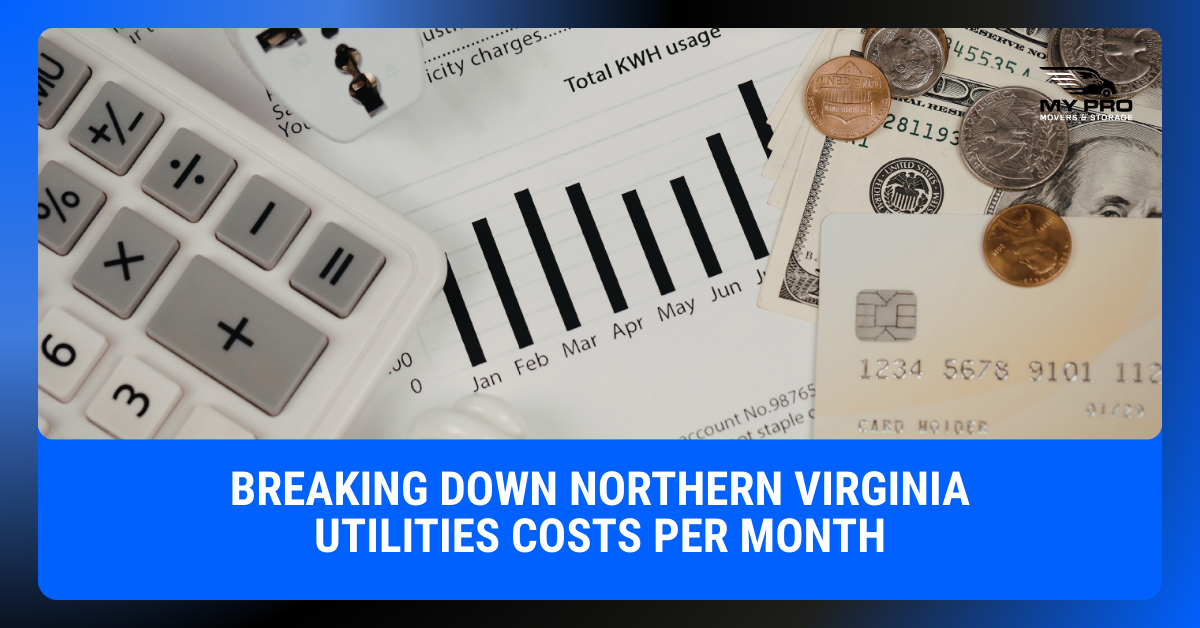Moving to another state to be near a family, for a new job or any other reason is a big decision and it can impact your tax liability regardless of your destination. If you’re crunching the numbers to calculate how much moving to a new state will cost, do not overlook the tax implications. Moving can be pricey, but you may be able to take advantage of several tax benefits along the way. How does moving to another state affect taxes?
1. State Income Tax
Many Americans are moving to states with low or no income taxes, causing the states left behind to lose some revenues as the states getting residents grow wealthier. If you are planning to move to another state, you may enjoy a boost in your gross income after you cross state lines.
Remember that you will only benefit from moving to a state with no or low-income taxes if you can prove your residency in the new state. If you spend fewer than 183 days in your new state, you will still have to pay the income taxes you were subject to in your previous state. Ensure to plan your move well so that you won’t get stuck with taxes and more of tax liability than you anticipated by the end of the year.
2. Rental Income on Property in an Old State
If you earn rental income from a property in your old state, you may need to file two states tax returns, based on the tax regulations of the state you have moved from and your new state of residence. Ensure you check with a tax professional or interstate movers to determine how you should report this income.

3. Estimated Tax Payments
If you receive a pension, earn any type of investment income or are self-employed and responsible for paying all your taxes by yourself, ensure you have an idea of the amount you will owe in estimated taxes over the course of your move to a new state. Review the new state’s requirements for estimated taxes and ensure those payments are sent on time to avoid any penalties.
4. Deductible Moving Costs
Reimbursement for relocation expenses is another potential tax benefit. If you move within 39 weeks of starting a new job and your new place of work is about 50 miles from your former home, your relocation costs may be considered as deductible expenses, which you can deduct during tax season. You may still qualify if your new employer reimburses you for the costs of moving and storage. Therefore, ask your tax expert. Some moving-related costs such as meals, apartment hunting, equity losses and temporary living expenses, are not tax-deductible.
Moving local or to another state can save you money if you plan the move very well. You’ll also be able to maximize the available tax benefits. Ensure to consider each tax implications before you start packing those boxes and searching for interstate movers. Smart choices will make your move easier and stress-free.



























.png)

.png)

-245w.png)